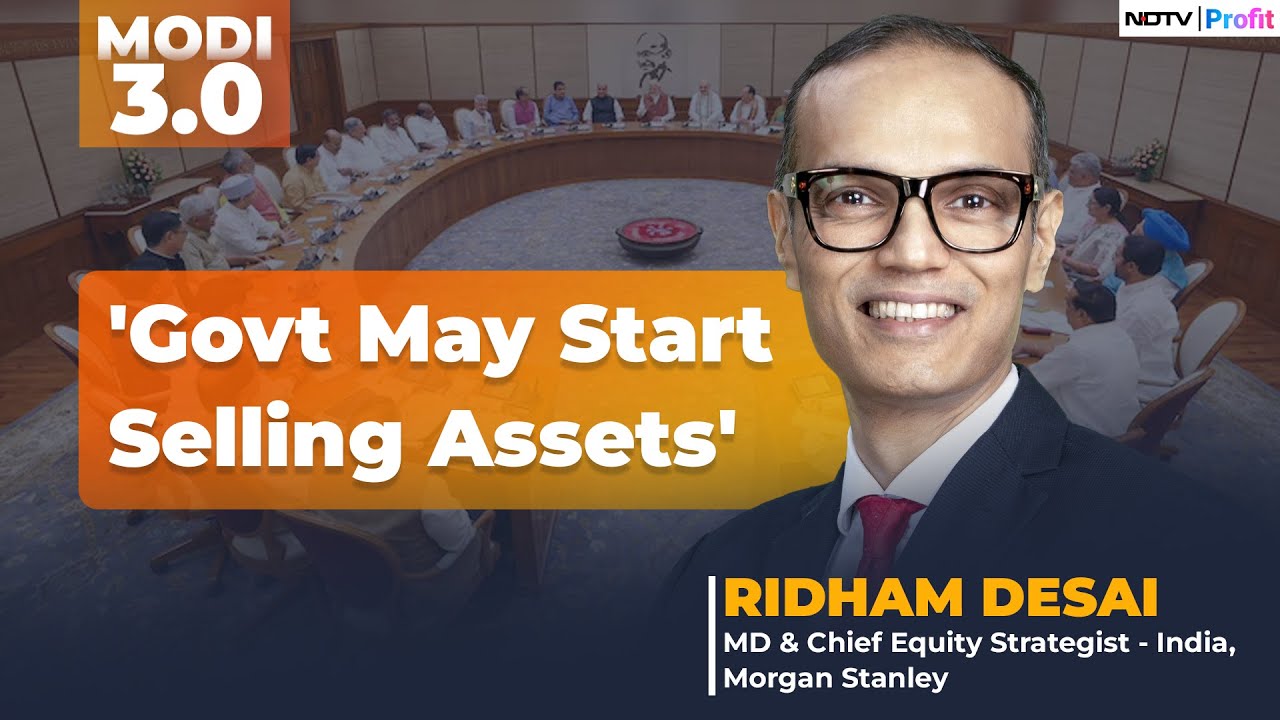U.S. recession to start suddenly this year or 2025: strategist
Summary
TLDRIn a recent discussion, Chief Strategist at BCA Research, Peter Barisan, shared his pessimistic outlook on the U.S. economy, suggesting it's on a path to recession. Factors contributing include depleted pandemic savings, reduced job openings, and the burden of higher-rate mortgages. Barisan anticipates a potential S&P 500 drop to 3,750, which, despite being a 30% decline, is considered optimistic given historical recession patterns. He advises investors to overweight bonds and underweight stocks, favoring defensive sectors and considering Japanese equities as a hedge against recession.
Takeaways
- 📉 Last week was favorable for equity investors, but there's a looming concern about high interest rates in the U.S.
- 🌐 The Jackson Hole meeting of central bankers may provide more insights into the Federal Reserve's next moves.
- 🔍 Analysts are watching for signs of a soft landing for the U.S. economy, but there's a possibility of a recession this year.
- 💼 Peter Barisan, Chief Strategist at BCA Research, believes the U.S. is already on a path to recession due to reduced economic insulation.
- 🏠 The decrease in job openings and depletion of excess pandemic savings are contributing factors to the potential recession.
- 📈 Homeowners are struggling with higher rate mortgages, which is another sign of economic strain.
- 📉 Barisan predicts a pessimistic outlook for the S&P 500, suggesting it could drop to 3,750 next year, a more than 30% decline from current levels.
- 💹 Historically, PE multiples and earnings estimates have fallen more significantly during recessions than the forecasted 10%.
- 🗳️ The political landscape post-November elections could be unfavorable for equity investors, regardless of who wins.
- 🏭 Tariffs, a key policy under the previous administration, may not be as beneficial for the economy as previously thought.
- 💸 Barisan recommends overweighting bonds and underweighting stocks, with a focus on defensive sectors and potentially Japanese equities as a hedge.
Q & A
What is the general sentiment among equity investors according to the script?
-The general sentiment among equity investors is cautiously optimistic, with hope that the worst of the high interest rates in the U.S. is over and that rate cuts may be coming soon.
What does Peter Barisan, the guest on the show, think about the U.S. economy?
-Peter Barisan believes that the U.S. is already on a path to a recession, citing factors such as the depletion of excess pandemic savings, fewer job openings, and higher mortgage rates.
Why does Peter Barisan think the U.S. economy is sliding into a recession?
-Peter Barisan thinks the U.S. economy is sliding into a recession because many of the factors that previously insulated the economy, such as excess savings and abundant job openings, have disappeared. Additionally, higher mortgage rates are putting financial strain on homeowners.
How does Peter Barisan view the impact of high interest rates on the U.S. economy?
-Peter Barisan believes that the impact of high interest rates has already done its work in cooling the economy and that the Federal Reserve is now behind the curve. He suggests that rate cuts might not prevent a recession.
What is Peter Barisan's forecast for the S&P 500 next year?
-Peter Barisan forecasts that the S&P 500 could fall as low as 3,750 next year, which would be a drop of more than 30% from current levels. He considers this a somewhat optimistic assumption.
Why might the S&P 500 drop to 3,750 according to Peter Barisan?
-The S&P 500 might drop to 3,750 because Peter Barisan expects the price-to-earnings (P/E) multiple to drop to 16 and earnings estimates to fall by 10%. He notes that in previous recessions, the P/E multiple has fallen even lower, and earnings cuts have been more severe.
What does Peter Barisan think about the relationship between stock markets and election years?
-Peter Barisan does not believe that the upcoming U.S. presidential election will support stock markets, as he thinks many potential outcomes could be unfavorable for equity investors.
What are Peter Barisan's concerns regarding potential U.S. election outcomes?
-Peter Barisan is concerned that if Democrats win the White House and Congress, they may raise corporate taxes, which would hurt stocks. Conversely, if Trump wins but Democrats retain control of the Senate, he may raise tariffs, which could negatively impact the economy and stock market.
What sectors does Peter Barisan recommend for equity investors during this period?
-Peter Barisan recommends that equity investors focus on defensive sectors such as utilities, consumer staples, and healthcare. He also suggests looking outside the U.S., particularly at Japanese equities, as a hedge against a U.S. recession.
Where does Peter Barisan suggest investors should allocate their money given the current economic outlook?
-Peter Barisan suggests that investors should overweight bonds and underweight stocks, expecting the 10-year Treasury yield to fall to 3% next year. He also recommends favoring defensive equity sectors and considering Japanese equities or buying puts on the S&P 500 as a conservative strategy.
Outlines

This section is available to paid users only. Please upgrade to access this part.
Upgrade NowMindmap

This section is available to paid users only. Please upgrade to access this part.
Upgrade NowKeywords

This section is available to paid users only. Please upgrade to access this part.
Upgrade NowHighlights

This section is available to paid users only. Please upgrade to access this part.
Upgrade NowTranscripts

This section is available to paid users only. Please upgrade to access this part.
Upgrade NowBrowse More Related Video

Repeat Of 2008 Financial Crisis As Wave Of Foreclosures Coming | Chris Vermeulen

The Ultimate Crash Is Near! It's GAME OVER For Gold & Silver When This Happens? - Chris Vermeulen

Morgan Stanley's Ridham Desai On Modi 3.0 Outlook, Policy Making & The Impact On Stock Markets

Debate: Greenpeace vs. Marin Katusa on Northern Gateway pipeline

Piyasa ve Ekonomi Sohbetleri #1

2025 investment opportunities amid the 'Santa sell-off'
5.0 / 5 (0 votes)